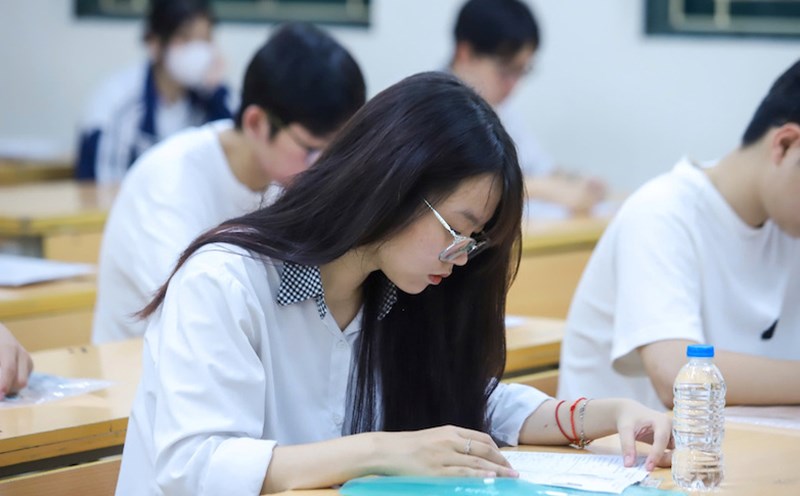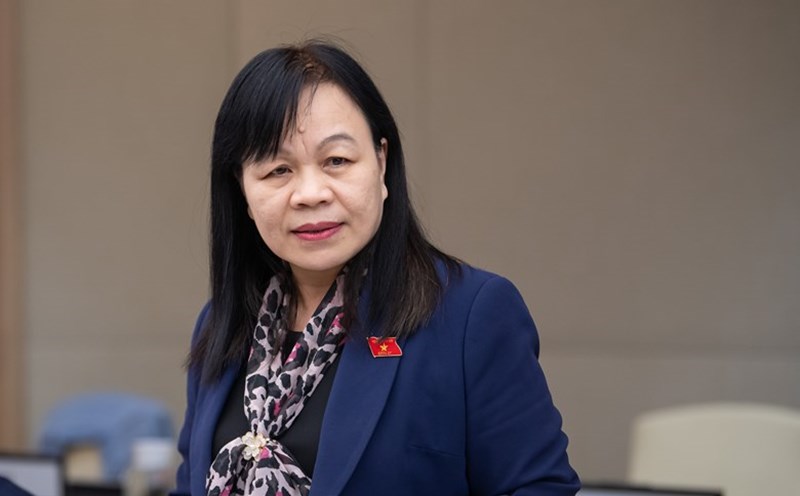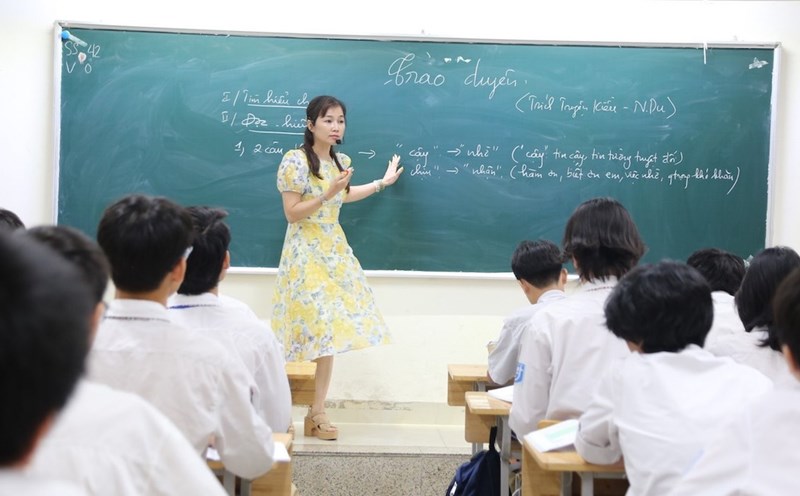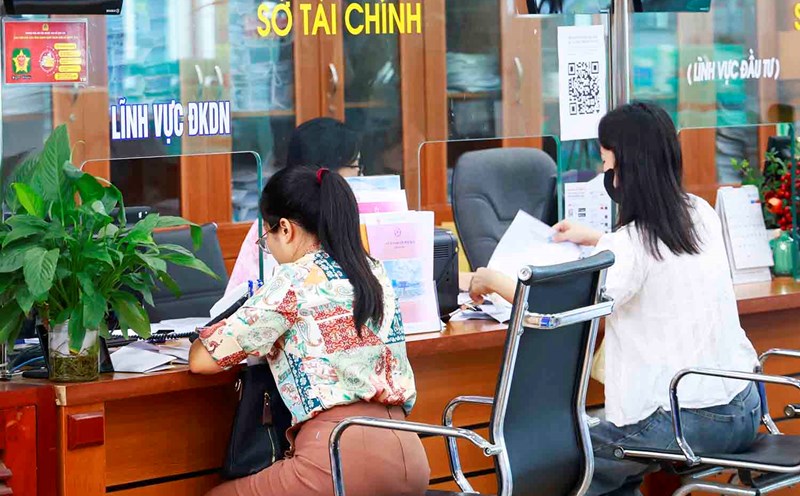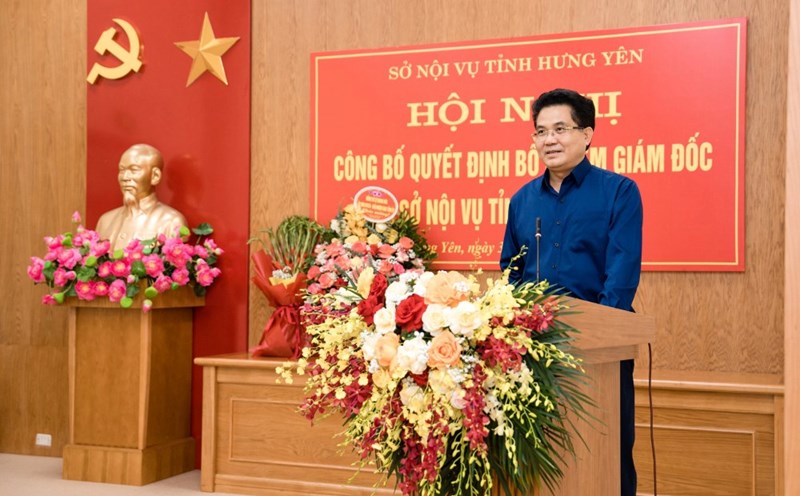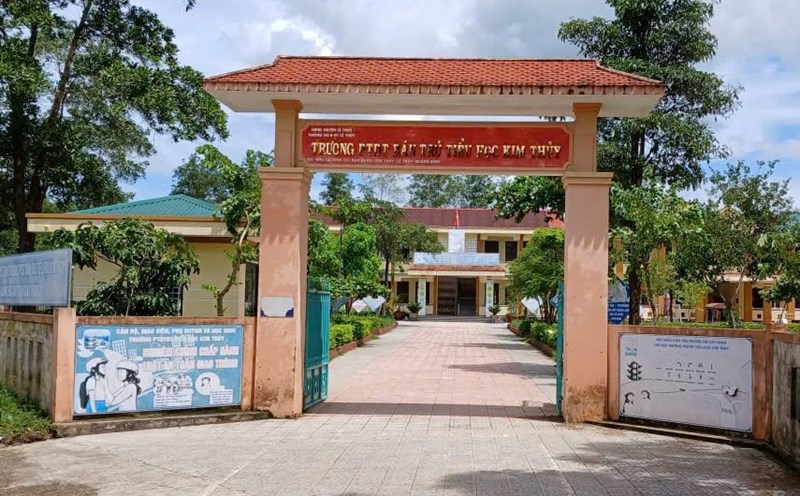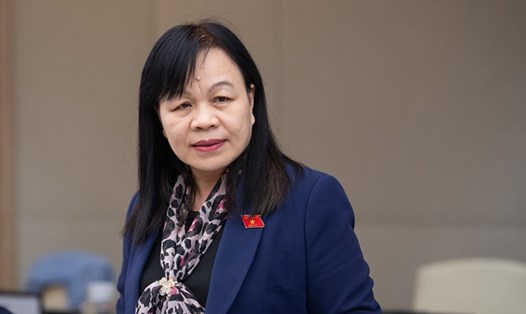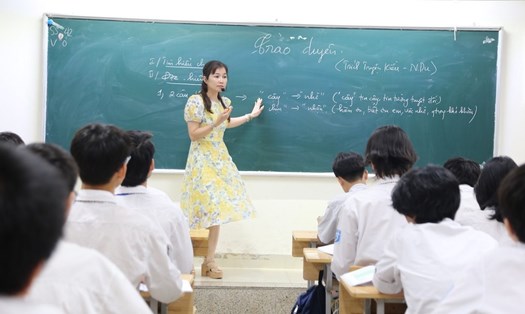On the morning of October 22, the Minister of Education and Training, authorized by the Prime Minister, presented a Report on 3 projects: Law amending and supplementing a number of articles of the Law on Education; Law on Higher Education (amended); Law on Vocational Education (amended).
According to Minister Nguyen Kim Son, the three draft laws have close relationships and are built synchronously to promptly institutionalize the Party's major policies and orientations, especially Resolution No. 71-NQ/TW of the Politburo on breakthroughs in education and training development, along with pillar resolutions on science - technology, innovation, digital transformation, international cooperation, private economic development, and innovation in law-making and enforcement.
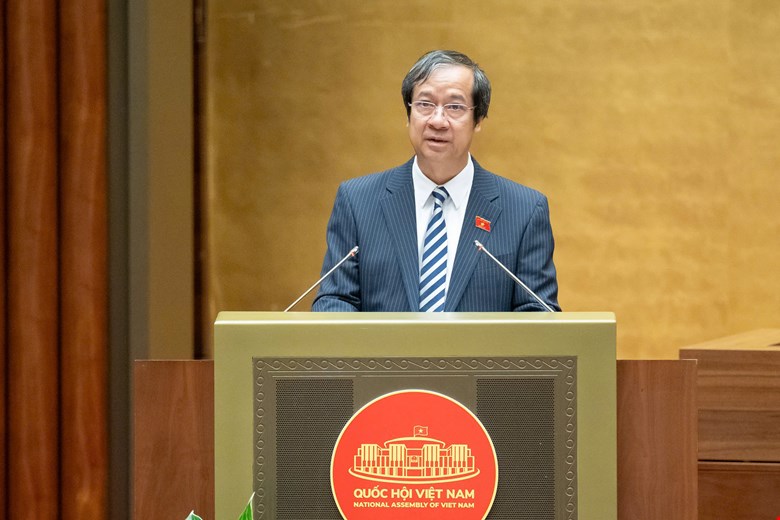
This is a necessary step to remove "bottlenecks" in the field of education and training; enhance the autonomy of educational institutions associated with ensuring quality, effectiveness and efficiency, while meeting new requirements on decentralization, delegation, reform of administrative procedures, streamlining the organizational apparatus and implementing the two-level local government model.
The basic content of the draft Law amending and supplementing a number of articles of the Education Law focuses on 4 groups:
First, institutionalize a number of important contents of the Party, especially Resolution 71 such as the regulation of compulsory secondary education, popularizing preschool education for children aged 3 to 5 years; supplementing principle regulations on State policies in science and technology and digital transformation, especially the application of controlled artificial intelligence, building a national database on education and training;
Regulate a unified set of textbooks nationwide; do not organize school councils in public educational institutions; Complete regulations on scholarships for learners, supplement the national scholarship fund;
Innovating the model of gifted schools, supplementing the type of boarding schools; teachers co-organizing between science and technology organizations and higher education institutions; specifying the budget expenditure structure for investment and higher education; principle regulations on preferential policies on taxes, land for educational institutions...
Second, remove practical obstacles, ensure state management and the unity of the legal system: add the same level of vocational secondary school as high school to the national education system; clarify the direction of post-secondary education flow in accordance with the abilities, strengths and talents of learners, and at the same time remove obstacles and difficulties in practical training of specific arts and occupations in the field of arts;
Regulate that diplomas and certificates can be issued in paper, electronic or digital form; separate local educational materials from textbooks and assign the authority to compile, appraise and approve to localities;....
Third, clearly demonstrating the spirit of decentralization and delegation in education management, increasing proactiveness and autonomy for the Ministry of Education and Training, local authorities and educational institutions, both meeting the requirements of modern, effective and efficient development, and in line with the Party and State's policies on promoting decentralization and delegation, etc.
Fourth, Adjustment 69 out of a total of 126 current administrative procedures (accounting for 54.76%), in the direction of not directly regulating administrative procedures in the Law but moving down to the provisions in the Government's Decree, while cutting, digitizing and decentralizing strongly to localities as well as educational institutions, contributing to improving management efficiency and creating convenience for learners and schools.
Specifically, remove the procedure for granting secondary school degrees, assign school principals/head of institutions implementing secondary school education programs to confirm the transcript of completing the secondary school program; regulate the degree and certificate that can be issued in the form of paper/ electronic/digital to create a legal basis for digitization, integration and sharing of degree and certificate data; only regulate general principles on the establishment/allowing establishment, allowing operation, suspending operations, merging, dividing, separating, dissolving and assigning authority to the Government to stipulate detailed and specific conditions; at the same time, amend the authority to establish/allow establishment in the direction of strong decentralization to localities...

